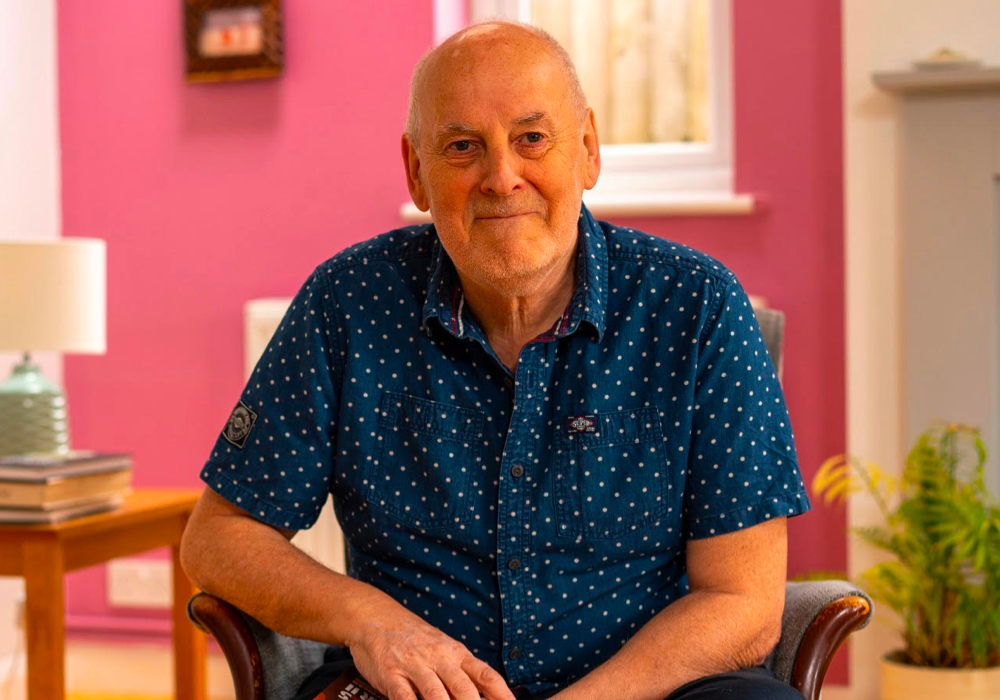Liam McCarthy provides update following letter to Tim Davie

The ongoing saga over changes to local BBC radio continues as Dr Liam McCarthy provides an update to his recent open letter to BBC DG Tim Davie.
Dr Liam writes:
After my open letter and paper to the DG about the cuts to local radio I have had a meeting with a senior member of the BBC’s management team for England. It was cordial but there was no sign of any imminent change to the plan.
It looks like the England management team are going to double down on the changes. I was told that they believe the support of staff for the campaign against the local radio cuts led by the NUJ is waning. So confident are they that I was told all previous concessions made to the NUJ by the BBC have now been taken ‘off the table’. The BBC have apparently written formally to the NUJ to inform them of this change.
On presenter ‘one minute to save yourself interviews’ I was told that this senior manager attended every interview in their area and this question was never asked – ‘it’s malicious gossip’ they said.
It was made clear to me that these local radio changes were being led by the England team and NOT being forced on them by the BBC centrally. The England budget has been protected by Tim Davie in cash terms for two years – the redundancies are to cover inflationary costs. This is their way of maximising the budget to include more digital content.
So what can we expect from the digital future? Each of the 43 local news sites will produce a minimum of 10 stories per day – that’s 430 daily stories or around 140,000 a year. Has that been benchmarked against the £19m investment? It sounds expensive to me if you do the maths! I still believe if the existing staff were allowed to post material online we could have local radio and a digital footprint. ‘Ah’ said the senior manager ‘it’s the written word so we have to have people to check everything that is written before it goes up’. There will also be more ‘investigative journalism’ and more on BBC Sounds and the iPlayer. As the material is already produced this sounds like a management problem that should not cost £19m and the hollowing out of BBC local radio to fix.
I sensed there was still a lack of emphasis on diversity in the BBC’s plans in both daytime output and the new shared ethnic programming. It seemed like there was an acceptance by senior managers that it is ok to have regional Asian and Black programmes. Each local area has a unique community mix which needs to be carefully reflected – the importing of divisive sub-continent politics across religious grounds should set warning lights flashing here. So should the differing mix of African and Caribbean heritage and cultures in Black communities across England.
I left the meeting determined to keep fighting for a BBC local radio that is targeted at the growing over 50s demographic, represents diversity in all its facets and can embrace change while remaining authentically local. The only people who can stop this are members of the BBC’s Executive Board – that is where the fight needs to go next as in England none of the BBC managers are listening.
Dr Liam McCarthy is an Honorary Fellow in the Department of History, Politics and International Relations at the University of Leicester. He worked for the BBC between 1978 and 2008 and was Editor of three BBC local stations in Leicester, Nottingham and Sheffield and Head of BBC Local Radio Training. He is currently writing a book titled ‘Finding a British Asian Sound on BBC Radio’.
